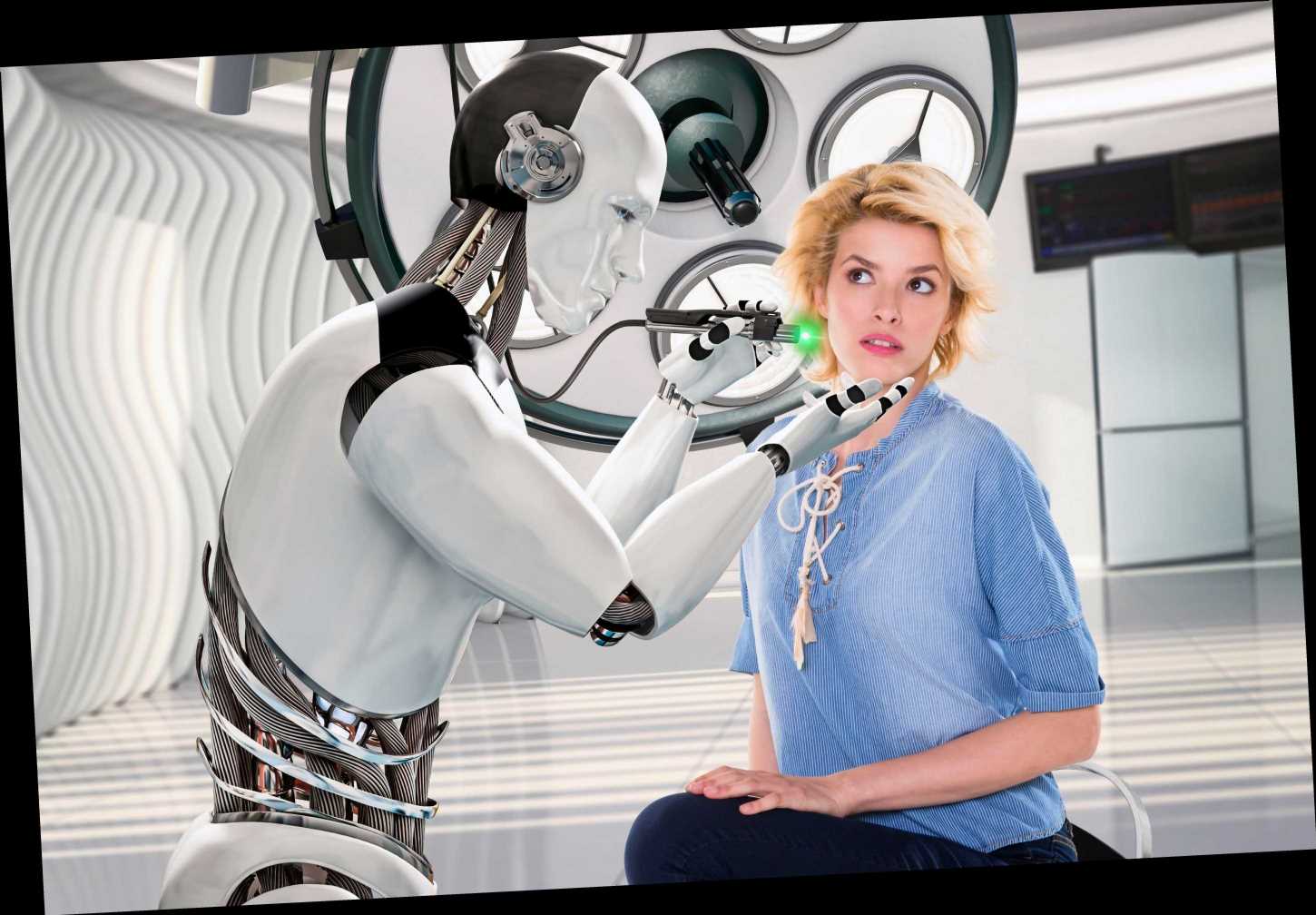New Yorkers might imagine they are safe from automation. Your city, after all, is a white-collar city: a place packed with lawyers and accountants, architects and consultants, bankers and marketeers, doctors and teachers. Your work, the argument goes, is far too “complex” to be done by any machine — even the most capable. This view, though, is very likely to be wrong.
It is true that, in the 20th century, the most dramatic effects of technological change were confined to blue-collar work, the world of farmers and factory workers. The British agricultural industry, for instance, produces five times as much today as it did in 1861, but requires only around a tenth of the number of workers; its manufacturing sector produces about 150 percent more than in 1948, yet requires 60 percent fewer people to do it.
But in the 21st century, as this progress relentlessly continues, these effects will seep out from blue-collar corners of economic life and flood the white-collar world as well.
It is increasingly clear that a lot of what white-collar New Yorkers do is not that “complex” or difficult after all. In fact, when you break down any job into all the “tasks” that make it up, it is obvious that people do a lot of different things in their work — and many of these are actually relatively simple. This point was driven home in a 2017 study by McKinsey & Company, which reviewed 820 occupations in the United States. While fewer than 5 percent of these could be completely automated with existing technologies, more than 60 percent were made up of tasks of which at least 30 percent could be automated, the study found. In short, most jobs — including white-collar ones — already involve a sizeable chunk of activity that can be automated.
Traditionally, many experts have believed that machines had to copy the way human beings think and reason in order to outperform them. Getting a computer to diagnose an illness, for example, meant asking doctors to explain their thought processes and trying to get a machine to copy those same lines of reasoning.
This was why “complex” tasks once seemed so hard to automate: Doctors would likely say they based a diagnosis on instinct or judgment or intuition, things that are impossible to capture in a set of rules for a computer to follow. And if human beings struggle to explain exactly how they perform a task, it’s difficult to tell a machine how to do it.
Yet last month, DeepMind, an AI company owned by Google, announced the development of a system that can outperform human specialists in breast-cancer diagnosis. How does it work? It does not try to replicate the instinct or judgment or intuition of a doctor. In fact, it knows or understands nothing about medicine at all. Instead, it exploits recent advances in processing power and data analysis to run a pattern-recognition algorithm through thousands of past cases, hunting for similarities between them and the particular mammogram in question. Technological progress means it no longer matters that human beings cannot explain themselves.
This is increasingly true for a great many other white-collar activities: There are systems that can predict the outcome of legal disputes, compose beautiful music, design remarkable buildings and write articles much like this one — not by copying the way a lawyer, musician, architect or journalist might do it, but by using recent technological advances to work in a fundamentally different, entirely un-human way.
The lesson, then, should be clear: Not all white-collar work is as complex as commonly supposed, and even more complex activities are increasingly within reach of machines. For those reasons, it would be a grave mistake to think that white-collar workers are somehow immune from current technological change.
This does not mean the “end of white-collar work” is fast approaching. There is plenty these machines cannot yet do — build themselves, for starters. But it does mean that white-collar workers should pay careful attention to the changes that are now unfolding and the skills that are becoming more valuable and important. Because what made them good at their jobs in the 20th century is unlikely to be as useful in the 21st.
Daniel Susskind is a Fellow in Economics at Balliol College, Oxford University, and the author of “A World Without Work: Technology, Automation, and How We Should Respond” (Metropolitan), out Tuesday.
Source: Read Full Article

